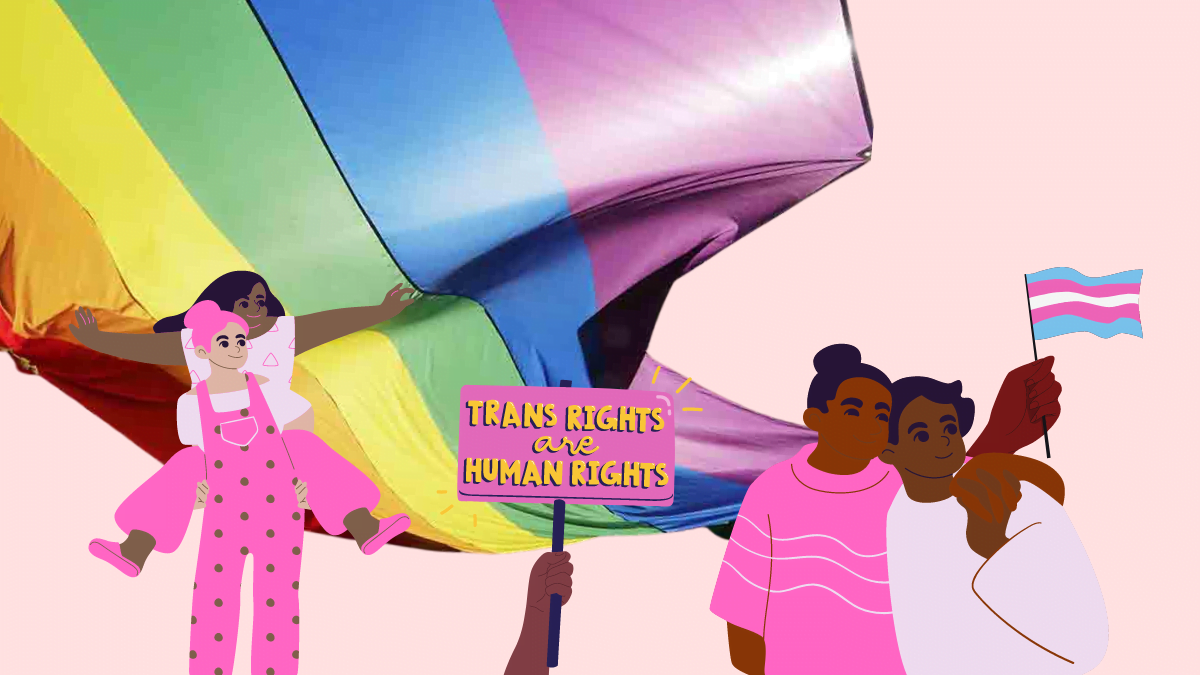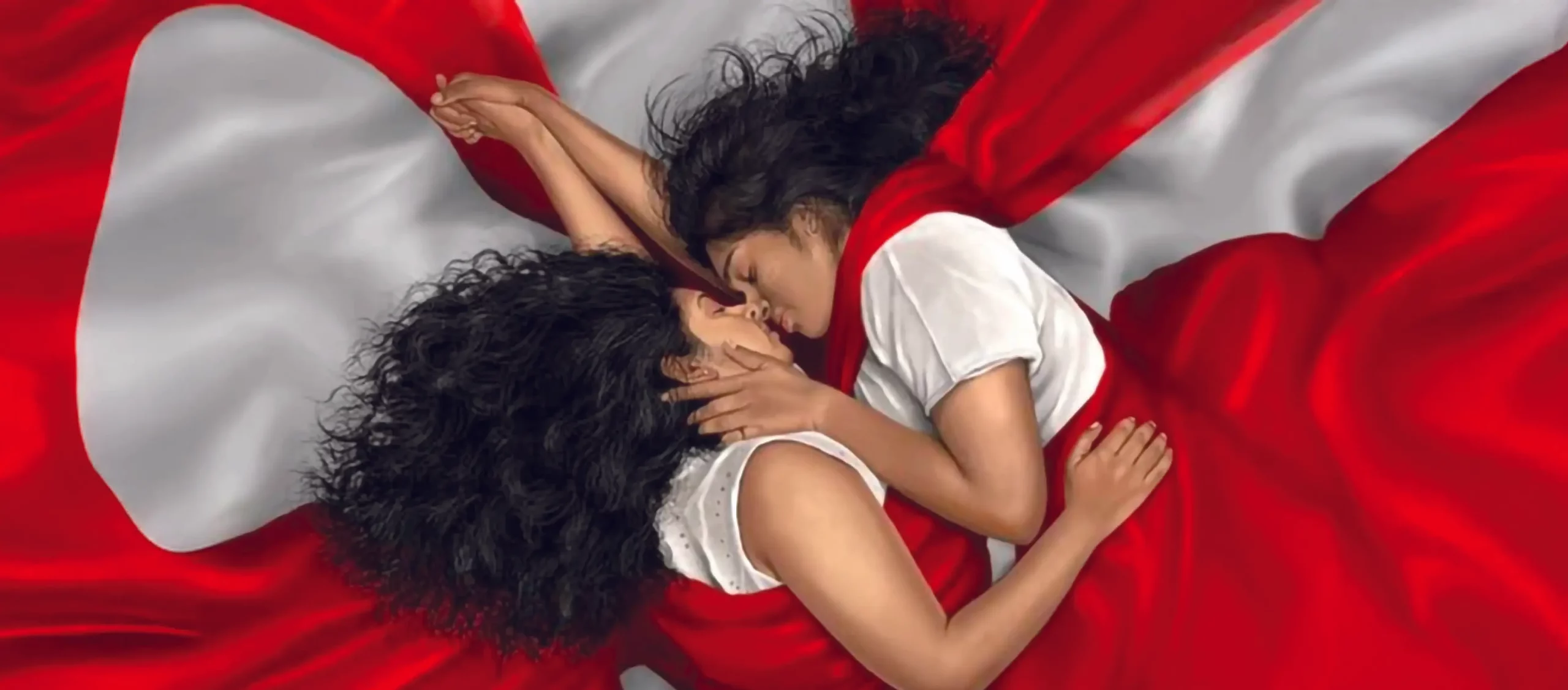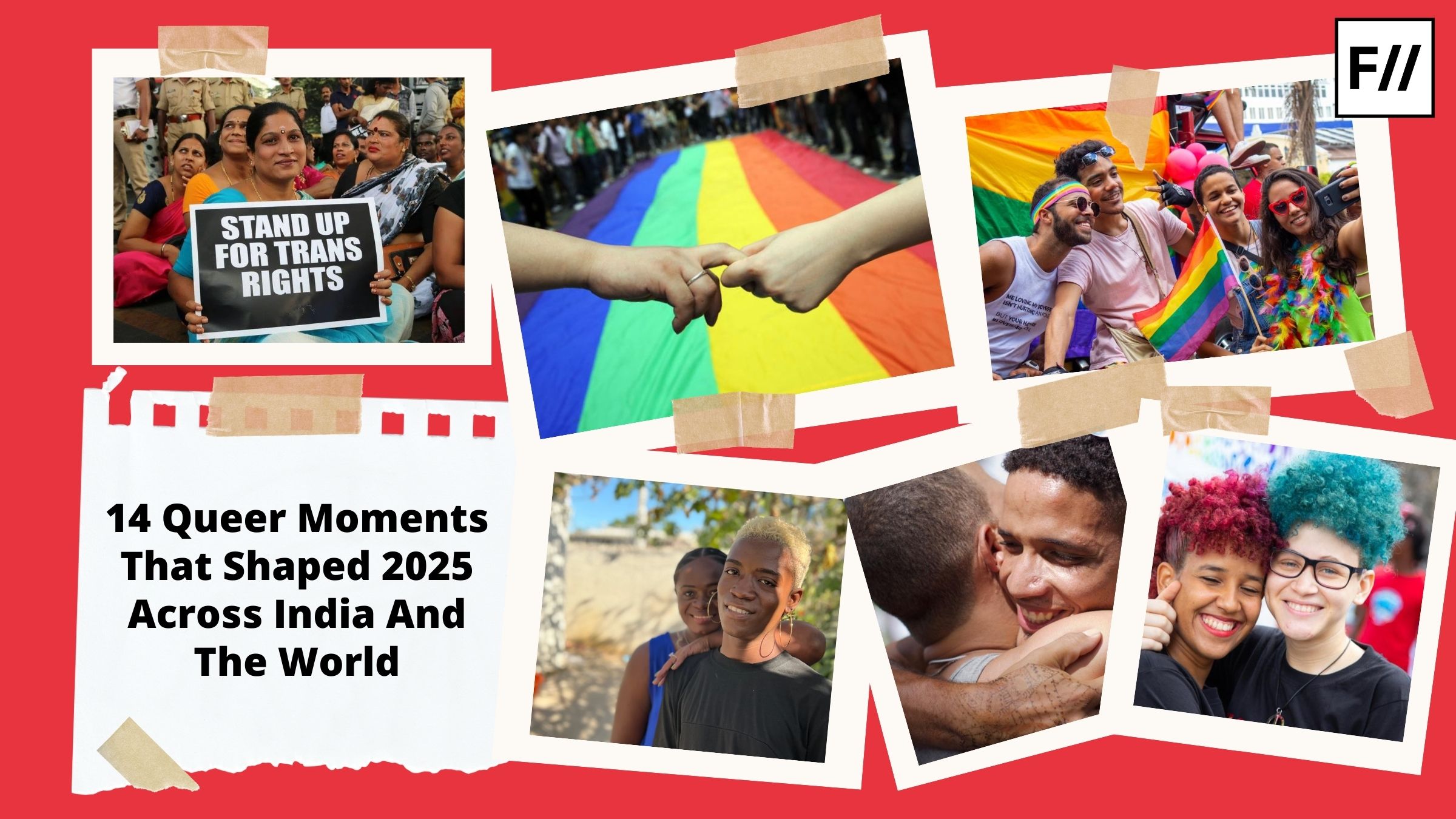Editor’s Note: This month, that is October 2020, FII’s #MoodOfTheMonth is Childhood and Relationship With Parents and Family, where we invite various articles to highlight the different experiences that we all have experienced in some form or the other in our birth or chosen families and have been negotiating with them everyday. If you’d like to share your article, email us at pragya@feminisminindia.com.
“Blood does not family make, those are relatives, family are those with whom you share your good, bad, ugly and still love one another at the end. Those are the ones you select,” was a quote by Hector Xtravaganza used in the famous television series POSE by Ryan Murphy.
I believe many queer kids and adults would relate to this. Being raised and nurtured in a heteronormative world, our parents are conditioned to never expect or imagine that their child can possibly be queer. No body wants to give birth to a queer child. There is always a process of accepting or rejecting a person who is queer by their biological families. Queer children live in constant fear that they would be abandoned once they come out for who they are.
When I came out to my parents, my parents were astonished. They could not believe what they were hearing. I wanted to scream, tell them that what they have known, who they have raised and claimed to know was only half the truth. It was like their scariest nightmares coming alive, all the things they have been telling themselves to deny, to live a false hope were right in front of them to confront. It was like I am the demon they need to hide from under the bed, right then, right now. I was terrified, drained and lost. I was angry, upset and disgusted to put through a trail once again. Even my own family did not spare me of that.
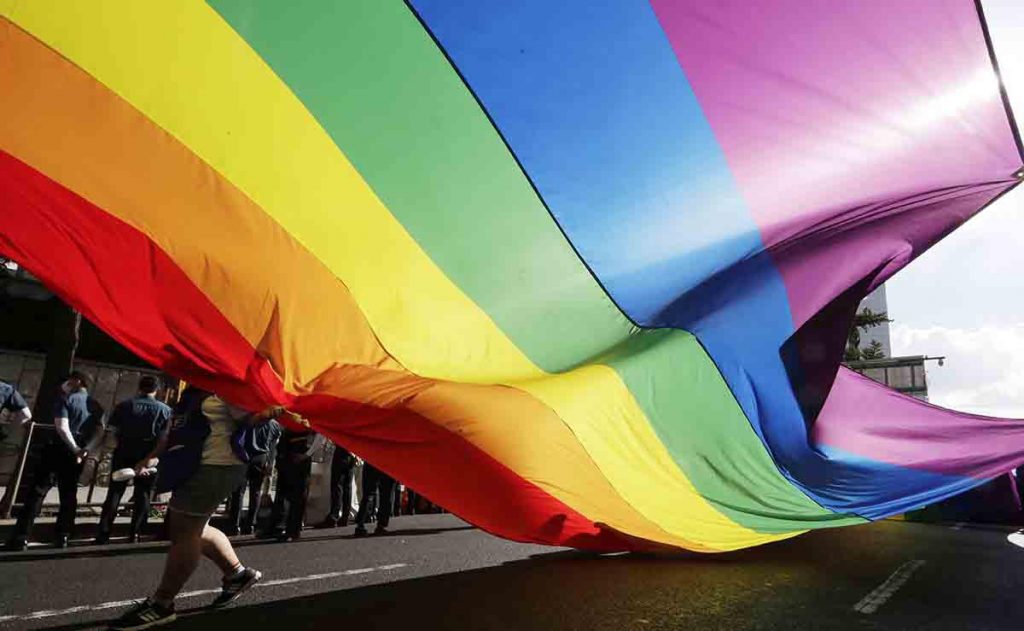
Months later when things cooled down, when we as a family tried to understand each other, expanding our bubble, gave each other a chance, my parents asked me, “Why didn’t you tell us before…”
I did not know the answer to that question. I still don’t. They claimed that they would have supported me back in the days, where I was full of self-hatred. What would I have told them and how? I did not have the words for it. The words that were used to describe me or ‘my kind of people’ were obscure slangs in the world of my parents and their people. I was terrified that I too, like many of my queer friends, would be thrashed and violated by the people I live with.
Being raised and nurtured in a heteronormative world, our parents are conditioned to never expect or imagine that their child can possibly be queer. No body wants to give birth to a queer child. There is always a process of accepting or rejecting a person who is queer by their biological families. Queer children live in constant fear that they would be abandoned once they come out for who they are.
With every passing day, ever since I have discovered my own identity, I have prepared myself for the day when I would finally tell my parents, and for that I would be deserted, left alone to fend for myself, without a family. I wouldn’t have survived this if not for my family of choice. My family of choice consists of seven people including me. People often ask me how we met. How did we become a family?
I was an awkward teenager afraid to claim my space wherever I went, and it was in one such moment of loneliness, I met my sister. I could feel her going through the same, our experiences got us together. From then till now, I have six sisters. Sometimes I feel it’s not even okay to call them my ‘chosen’ sisters, it makes it sound like something that can be discarded for it was a ‘choice’. We did choose each other, but I do not know if it is possible to un-choose anymore.
I was an awkward teenager afraid to claim my space wherever I went, and it was in one such moment of loneliness, I met my sister. I could feel her going through the same, our experiences got us together. From then till now, I have six sisters. Sometimes I feel it’s not even okay to call them my ‘chosen’ sisters, it makes it sound like something that can be discarded for it was a ‘choice’. We did choose each other, but I do not know if it is possible to un-choose anymore.
People often assume that a family of choice is not a ‘real family’. It is just a bunch of people who come together because of their similar experiences, because they share the same principles. For us, there definitely was a ground of commonality, all of us did have similar experiences for being women, but it was not that we all shared the same philosophy for life. We come from diverse socio-economic backgrounds. Our dreams, aspirations and lifestyles are diverse as well. But what we have in all of us is empathy for each other; we are there to support each other come what may.
We fight, we fight vehemently, we disagree profoundly, and believe me, all has not been rose-tinted. We get angry at each other, upset with one another, question each other’s decision as well. But then, how is a chosen family different from a birth family, if it’s still about compromises, is a question often thrown at me.
Well who said it is different?
Also read: Queering Mental Health: Mental Health From The Margins
A family cannot form if we do not feel responsible for each other. Just like we take responsibilities of one another in our biological families, we do the same in our chosen families. The labour and the effort are there in whatever is being called a ‘family’. Yet there is a difference.
For many queer/trans* folx, their birth families struggle to accept something as basic as their gender or sexuality. Differences of opinion is one thing, and the struggle to navigate in a space where there are differences of opinion is nothing compared to a space where one’s sense of being is unacknowledged. Our chosen families are what we call home, despite everything because there we are not made to feel ‘abnormal’ for who we are.
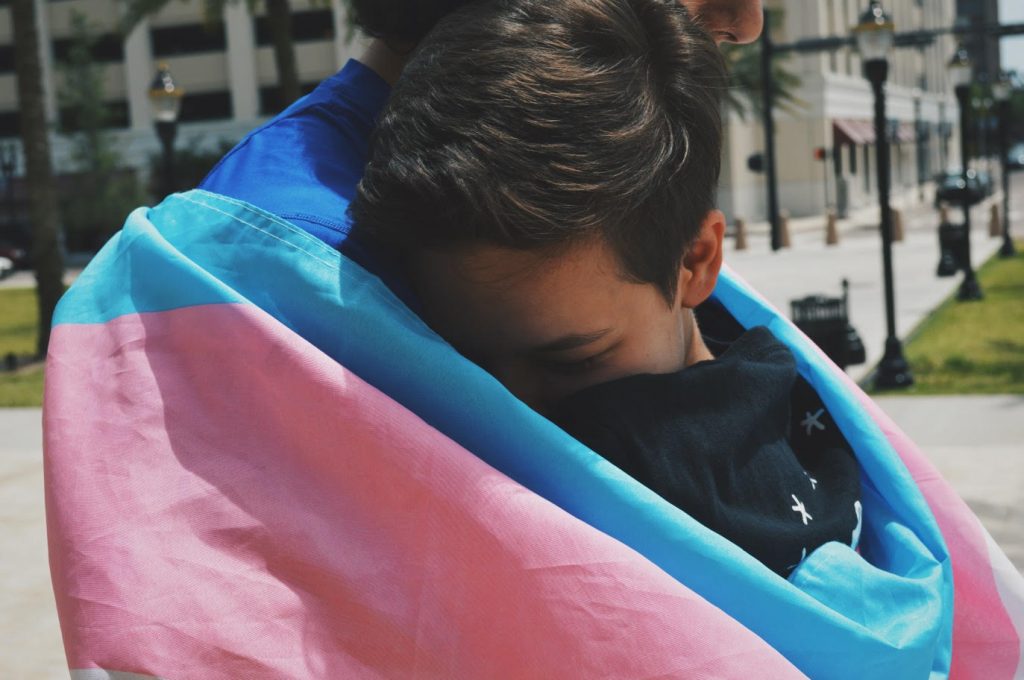
I have even witnessed many families of choice falling apart due to growing toxicity and people being affected life long as a result of such tremendous separation. Many chosen families have a hierarchical structure. And this may lead to curbing independent thinking for other family members. Sometimes families grow apart for they fail to communicate their feelings, and their own individual perception finds no space to express. I feel one of the core values that has kept our family of choice together is we all are free to disagree and we believe that each of us are capable, conscious individuals who can take control of their own lives. We have always been safety nets for each other but never been cages.
Queer/trans*/gender non-conforming people have initiated the concept of families of choice long before modern feminism even had the term for it. Be it the ball-room culture in the west to the Hijra gharanas in India, people who are not connected by blood, raising each other, taking care of one another beyond any romantic-sexual attraction has existed among queer people, especially trans folx for centuries now.
Also read: Remembering Betu Singh: A Pioneering Woman In Indian Queer Activism
Even though my family of choice does not entirely consists of queer people, it is not until recently, that cis-het people have started embracing the idea. Today’s feminists, especially women have started questioning cis-het norms. We as millennials are now living in a period of transition which our previous generation has not witnessed. We see possibility and hope in all things and also see that nothing is written in stones, not even the ties made by blood.
Featured Image Source: Feminism In India
About the author(s)
Riju Banerjee is 27 years old and works at The YP Foundation. She is a Teach for India alumni who is passionate about human rights, mental health, social emotional learning, writing, film making and intersectional feminism. She is an educator who strongly believes in inclusive education and is an advocate of children's voices and agency.
